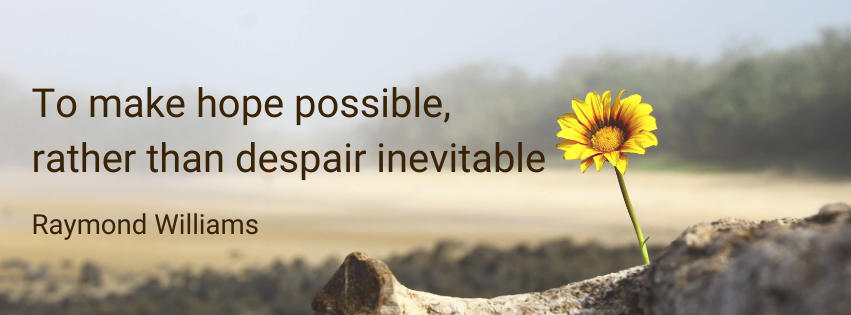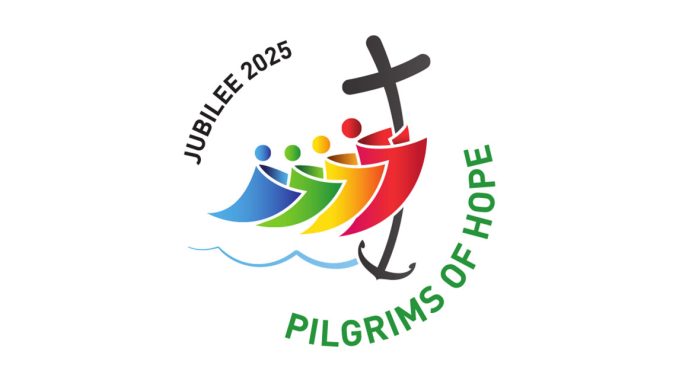JUBILEE YEAR 2025

By John Battle, Commission Chair
2025 is to be celebrated throughout the Catholic Church as a Jubilee Year. Announced by Pope John Paul II back in 2000, telling young people they would be “the leading players”, the theme for 2025 is “Pilgrims of Hope”.
There is even a cartoon mascot to encourage the young, named “Luce” (“light”). Pope Francis has declared his ambition to draw in and meet this year as a priority with young people all over the world starting on the feast of the Epiphany.

In the early Church there were no “Christians”. Followers of Jesus Christ were known as “people of the way”; pilgrim people, mobile, on the move, journeying with purpose. The Old English word “pilgrim” includes “a person always seeking new adventures with an open and hopeful mind” and more deeply implying a person who is constantly changing and developing to “become the best version of themselves”. But what world are young people now expected to journey through?
The challenges facing us in today’s troubled, often confusing and fast-moving world, reflected in daily dark headlines, are real.
Climate change events, a world increasingly steered by new technologies, the high-speed growth and power of artificial intelligence and quantum computing, new connectivities, are all radically changing the way we do things and live together.
Global environmental and ecological challenges, waste and pollution, issues of resources, fair trading, and migration, living standards and inequalities, uneven human development and sadly increasing conflicts, violence and wars.

The critic Raymond Williams said the task of this century will be “To make hope possible, rather than despair inevitable”. Traditionally the Jewish “Year of Jubilee” was a time to wipe the slate clean especially for the poor by cancelling debts, and practical actions to restore life to the poor whose lives had been “accumulated by the rich”. It was a time of restorative economic justice.
Translating the ‘signs of our times” into economic and political actions is far from an easy task today. But as a disillusioned WB Yeats in 1891 commented on the death of the leader Parnell, “now after politics has utterly failed us, the imagination can come to the fore”.
Our pilgrim task in this Jubilee year is to “be people of hope”, developing hope, not least in the Spirit of that most challenged and dramatic of the prophets, Ezekiel. Indeed, we are called to be “prophets of hope”, “not afraid”, as Pope Francis tells us “to dream big”. He writes, “In a climate in which politics is discredited, young people who share their perspectives in new ways to mobilise leadership are a breath of fresh air. It is young people who have the energy and courage to go beyond that which is socially correct”.
“Hope” is therefore not false optimism or presenting a lovely picture of the world. As the German theologian J.B. Metz stressed, hope is not primarily about our own survival but rather “giving hope to others, “and living out that hope”.

In this Jubilee year of “Pilgrims of Hope” perhaps that much neglected key concept of Catholic social learning, “Participation”, will take centre stage. It will include and engage us all, especially that majority who are poor, in the struggle for justice and peace at all levels to generate new prophetic leadership.
*****************************************
